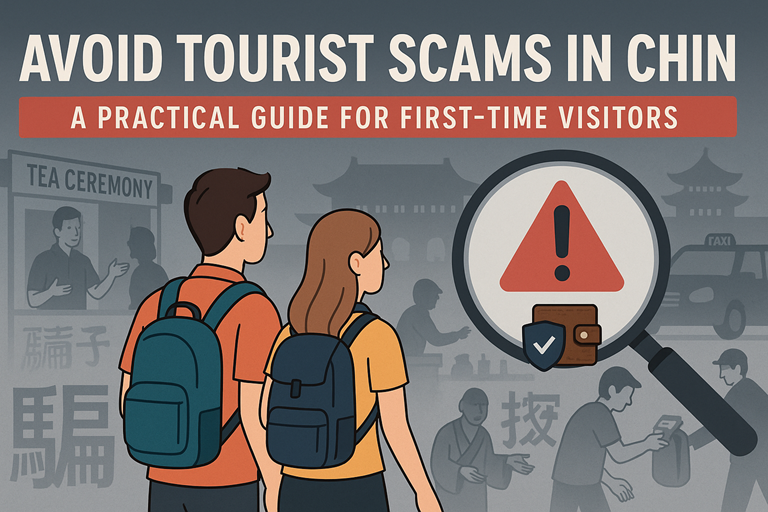China Travel Taboos
Sensitive Topics to Avoid While Traveling in China
China, with its rich history and complex socio-political landscape, has a unique set of cultural norms, taboos, and sensitive subjects. While Chinese people are generally hospitable and understanding towards foreigners, being aware of these sensitivities can prevent misunderstandings and ensure harmonious interactions.
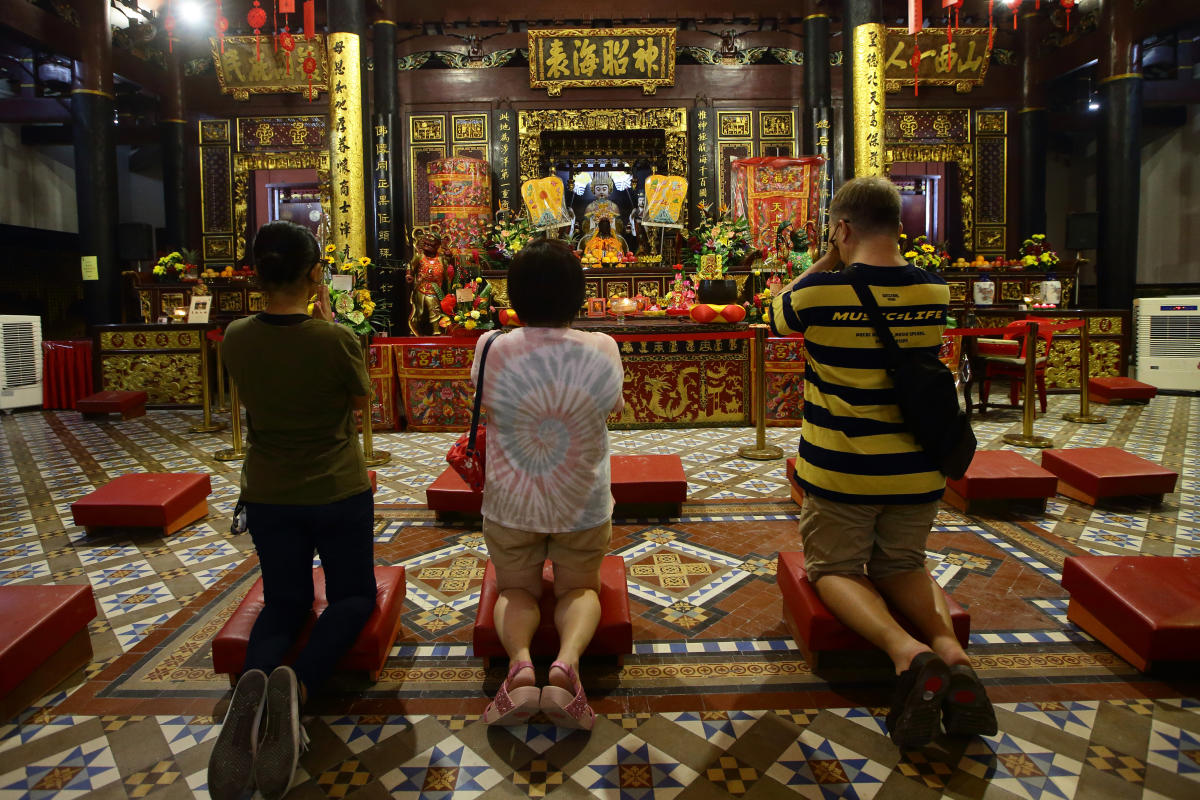
Understanding cultural sensitivities enhances travel experiences in China
Ignorance of these taboos can sometimes lead to awkwardness or, in rare cases, more serious repercussions. This guide provides a comprehensive overview of topics and behaviors to approach with caution or avoid entirely.
This is arguably the most critical area where caution is paramount. The Chinese government maintains firm control over public discourse on certain topics.
The “Three Ts” and Related Issues
Taiwan (台湾 – Táiwān)
- Avoid referring to Taiwan as an independent country
- Don’t express support for Taiwanese independence
- Avoid challenging the “One China” principle
Context: The People’s Republic of China views Taiwan as a renegade province that must be reunified, by force if necessary. This is a core issue of national sovereignty.
Tibet (西藏 – Xīzàng)
- Avoid voicing support for Tibetan independence
- Don’t praise the Dalai Lama (viewed as a separatist)
- Avoid bringing up criticisms of Chinese rule in Tibet
Context: The government views its actions as liberating Tibet from a feudal system and bringing development.
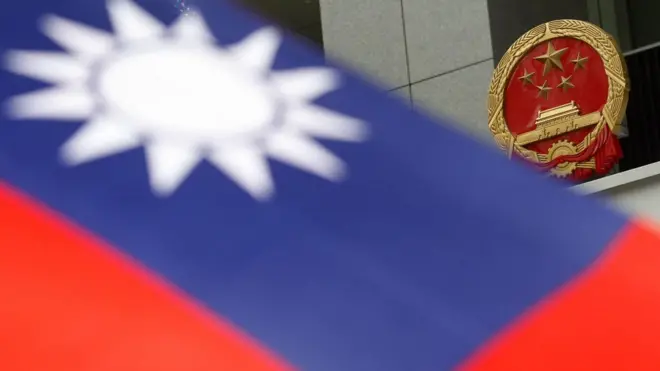
China’s territorial claims are highly sensitive political topics
Tiananmen Square Incident
- Avoid initiating conversations about it
- Don’t ask direct questions or make public statements
- Access to information online is blocked in China
Context: The government has never fully accounted for the events, and public discussion is suppressed.
Xinjiang (新疆) Issues
- Avoid bringing up human rights concerns casually
- Don’t take photos that could be seen as investigative
- Avoid critical discussions about government policies
Hong Kong (香港)
- Avoid expressing support for independence
- Don’t criticize Beijing’s handling of the situation
- Be cautious discussing the National Security Law
CCP Criticism
- Never make negative comments about the Communist Party
- Avoid jokes about national leaders (past or present)
- Don’t engage in critical discussions in public
General Advice for Political Topics
- Listen, Don’t Lead: If a local brings up a sensitive topic, listen respectfully but avoid strong opinions
- Private vs. Public: Be more cautious in public settings than in private
- Assume You’re Being Heard: In public spaces, assume conversations might be overheard
- Focus on Neutral Subjects: Culture, food, travel, scenery, and personal hobbies are safe
These are generally less severe than political sensitivities but are important for showing respect and avoiding social awkwardness.
Loss of Face (面子 – Miànzi)
Causing someone to “lose face” (be embarrassed or humiliated publicly) is a major social faux pas.
Avoid:
- Directly criticizing someone in front of others
- Pointing out mistakes publicly
- Openly disagreeing in a confrontational manner
- Putting someone in a position where they cannot fulfill a request
Instead:
- Be indirect with suggestions
- Offer polite constructive feedback
- Discuss sensitive issues privately
- Maintain harmony in group settings
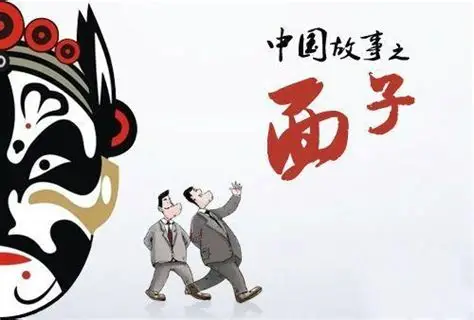
Maintaining face is crucial in Chinese social interactions
Physical Interaction Norms
Pointing
- Pointing directly at someone with your index finger is rude
- Instead: Use an open hand (palm up) to gesture
Touching
- Avoid touching someone’s head (especially children)
- The head is considered sacred by some
Public Displays of Affection (PDA)
- Overt PDAs (passionate kissing) are generally frowned upon
- Hand-holding is usually acceptable
- More common among younger generations in big cities
Physical Contact
- Chinese people are generally less physically demonstrative
- Avoid excessive back-slapping or hugging with new acquaintances
- Handshakes are common business greetings
Gift-Giving Taboos
Chinese culture has many gift-giving superstitions based on wordplay and symbolism. Being aware of these can prevent unintentional offense.
Clocks (送钟 – Sòng zhōng)
Sounds like “送终” (attending a funeral), symbolizing death.
Handkerchiefs (手帕 – Shǒupà)
Associated with wiping tears, symbolizing sadness and farewells.
Sharp Objects
Knives or scissors symbolize severing a relationship.
Shoes (鞋 – Xié)
Sounds like “邪” (evil or bad luck).
Umbrellas (伞 – Sǎn)
Sounds like “散” (to separate or break up).
Cut Flowers
Especially white/yellow chrysanthemums (funeral flowers).
Green Hats (绿帽子 – Lǜmàozi)
Implies a man’s wife is unfaithful.
Pears (梨 – Lí)
Sounds like “离” (to leave or separate).

Safe gift alternatives include tea, quality food items, or red envelopes with money
Numbers and Colors
Numbers
- 4 (四 – sì): Sounds like “死” (death) – extremely unlucky
- Avoid gifts in sets of four
- Some buildings skip the 4th floor
- 8 (八 – bā): Sounds like “发” (wealth) – very lucky
- Phone numbers with 8s are more expensive
- The 2008 Olympics started 8/8/08 at 8:08pm
- 6 (六 – liù): Sounds like “流” (smooth) – also lucky
Colors
- White: Traditionally associated with death and mourning
- Avoid wrapping gifts in white
- Used in funerals
- Black: Can symbolize mourning or secrecy
- Common in modern fashion though
- Red: Auspicious – happiness and good fortune
- Used for weddings, celebrations
- Ideal for gift wrapping
Communication Style
Direct Confrontation
- Generally avoided to prevent loss of face
- Criticism is often delivered indirectly
- Public disagreements are rare
Saying “No”
- Chinese may avoid direct refusal as it seems impolite
- Common responses: “maybe,” “I’ll see,” or vague answers
- Visitors should also be indirect when declining
- Use phrases like “不太方便” (not very convenient)
“In China, how you say something is often as important as what you say. Maintaining harmony and preserving dignity are valued more than blunt honesty.”
Other Cultural Notes
- Death: A taboo topic in casual conversation. Avoid jokes or light references.
- Personal Questions: Common to ask about age, marital status, children, or salary as conversation starters.
- Compliments: Often deflected with phrases like “哪里哪里” (It’s not that good).
Public Behavior
Loudness
- While Chinese environments can be noisy, individual loudness is frowned upon
- Especially inappropriate in:
- Museums
- Temples
- Upscale restaurants
Queuing
- Culture has improved but pushing may still occur
- Try to remain patient
- Politely maintain your place in line
Spitting
- Less common now, especially in cities
- Still seen occasionally
- Considered unhygienic by many
- Avoid doing it yourself
Littering
- Use designated bins
- China is making cleanliness efforts
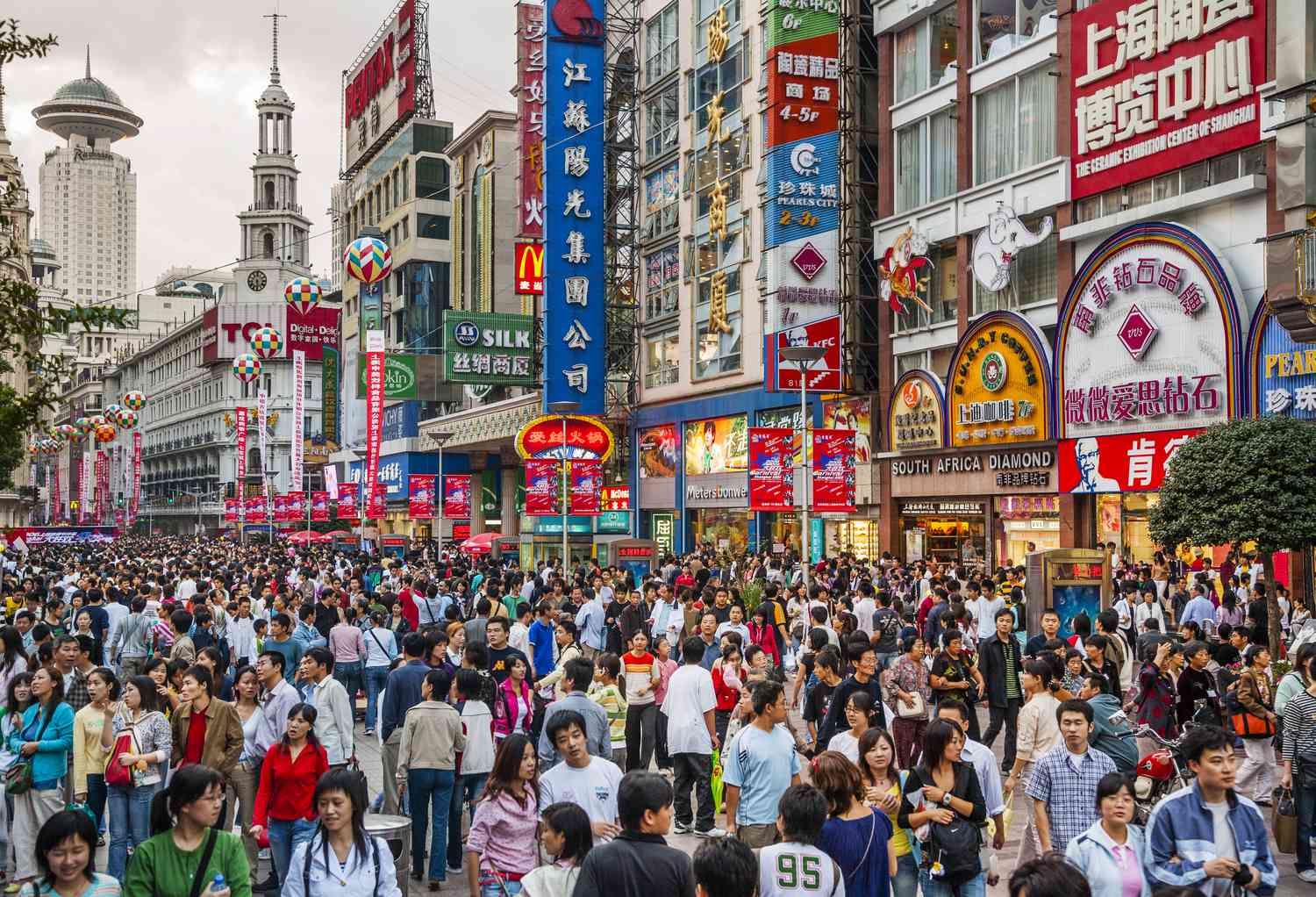
Public behavior norms are evolving in China’s urban centers
Visiting Temples and Religious Sites
Dress Code
- Cover shoulders and knees
- Avoid revealing clothing
Behavior
- Be quiet and respectful
- Don’t run or shout
Photography
- Observe posted signs
- Often prohibited inside temple halls
- Never use flash if allowed
Other Notes
- Avoid pointing at statues
- Step over thresholds (don’t step on them)
Business Etiquette
Business Cards (名片 – Míngpiàn)
- Exchange with two hands
- Receive with two hands
- Read it carefully before putting away
- Never put in back pocket
Punctuality
- Extremely important
- Arrive early for meetings
Hierarchy
- Respect seniority
- Address by title + surname (e.g., Director Wang)
Gift Giving
- Follow the taboos mentioned earlier
- Good options: quality pens, books, or company-branded items

Proper business card etiquette demonstrates respect
Other Behavioral Notes
Staring
- Common if you look foreign
- Usually curiosity, not malice
- A smile often breaks the ice
Photography of People
- Always ask permission first
- Especially with older people or in rural areas
Public Restrooms
- Be prepared for squat toilets outside cities
- Carry your own toilet paper and hand sanitizer
Respect for Elders
- Offer seats on public transport
- Let them go first through doors
- Listen respectfully when they speak
The Great Firewall (GFW)
- Many Western websites/apps are blocked (Google, Facebook, etc.)
- Consider using a VPN if you need access
- But be aware VPNs exist in a legal gray area
Online Communications
- Assume online communications may be monitored
- Avoid discussing sensitive political topics
- Be cautious with messaging apps about certain topics
Social Media in China
Popular Platforms
- WeChat (微信 – Wēixìn) – all-purpose app
- Weibo (微博 – Wēibó) – similar to Twitter
- Douyin (抖音 – Dǒuyīn) – Chinese TikTok
- Little Red Book (小红书 – Xiǎohóngshū) – lifestyle platform
Usage Tips
- Content is censored according to Chinese laws
- Avoid sharing sensitive content
- Be mindful of what you post publicly
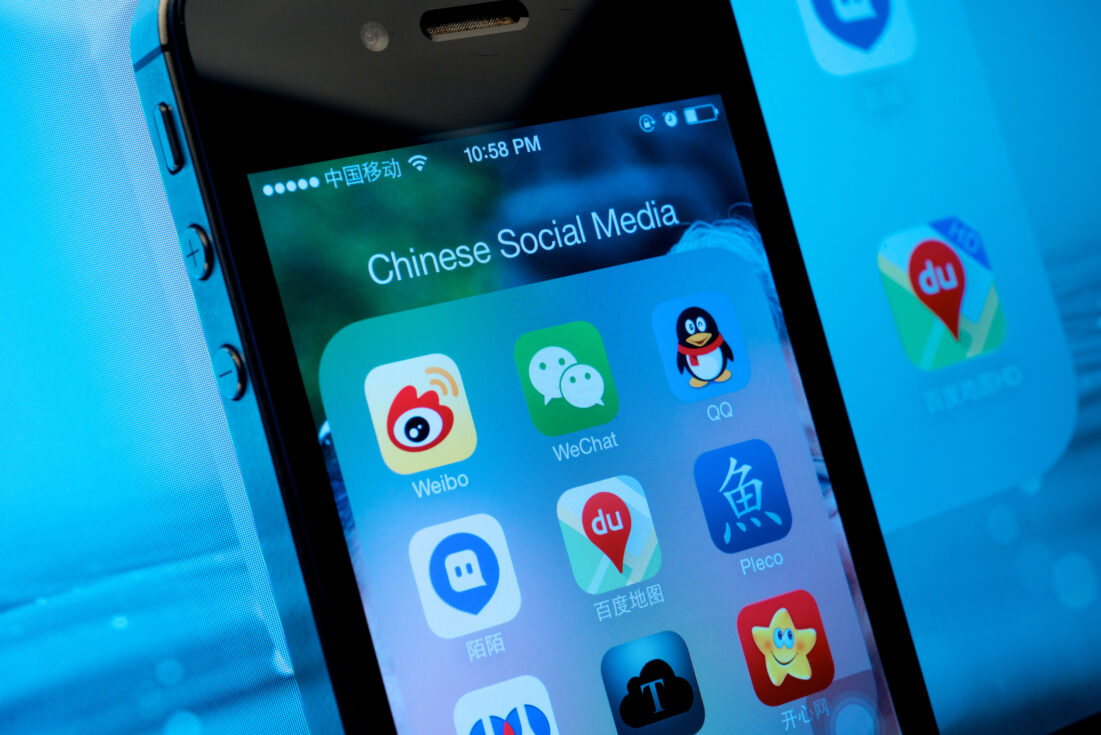
China’s digital ecosystem differs significantly from the West
Final Travel Tips
- When in doubt, observe locals and follow their lead
- Most Chinese are understanding of cultural mistakes by foreigners
- Focus on the positive – China offers incredible cultural experiences
- Preparation shows respect that will be appreciated
“China is a civilization pretending to be a nation. Understanding its cultural depth requires both preparation and an open mind.”
Enjoyed this article? Consider buying me a coffee to support more content like this!
💖 0 people have clicked to support this article.


